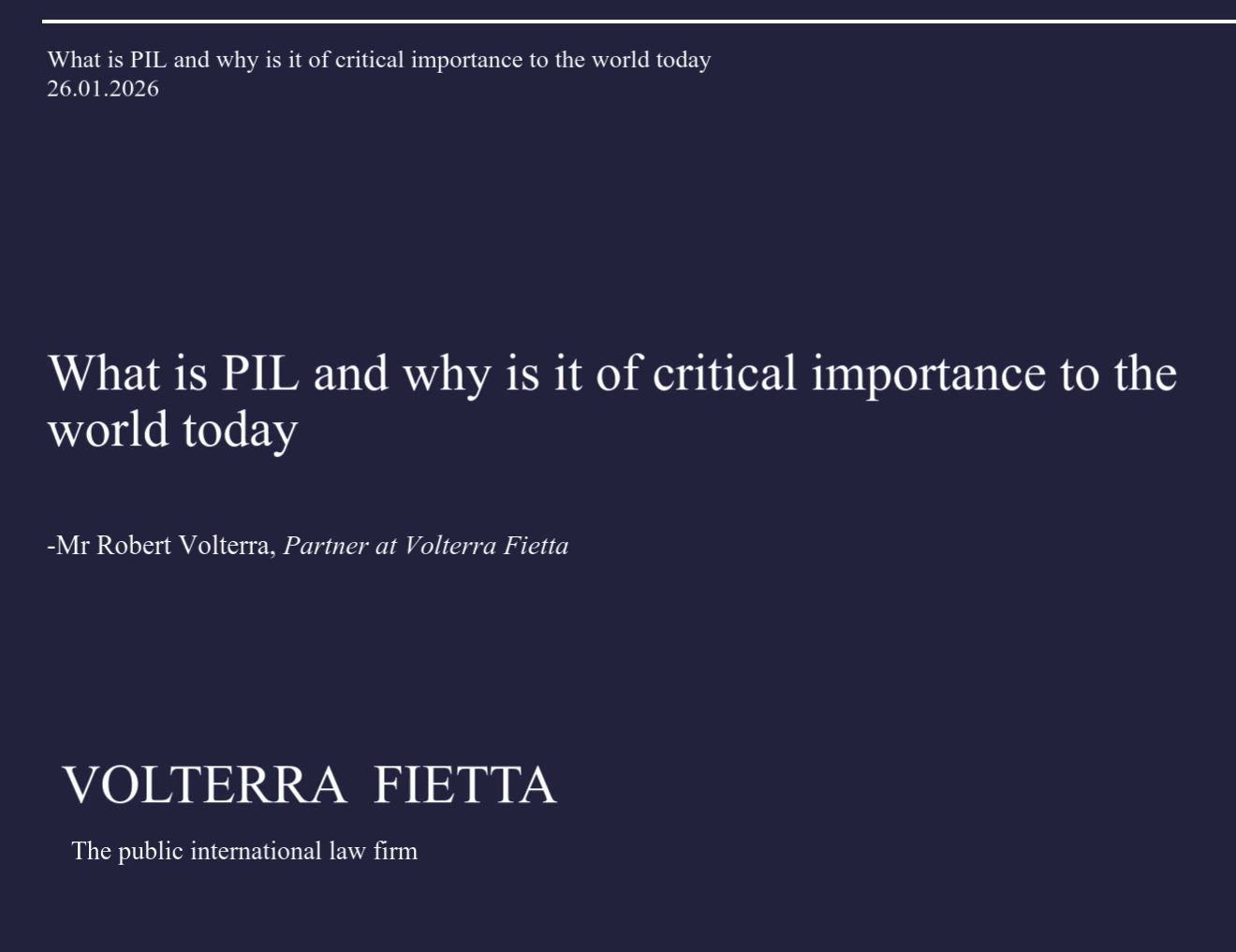The European Union (the “EU”) and Japan announced that they have reached agreement in principle on a free trade agreement (the “FTA”) on 6 July 2017.[1] Prime Minister Shinzo Abe of Japan claimed it to be “the model of the economical order of the 21st century”.[2] The FTA has not been finalised or even signed yet but a number of its general contours have been identified.
The deal is being promoted as expected to increase European exports to Japan by 34% and Japanese exports to the EU by 29%. The FTA targets tariffs on EU agricultural food products, textiles and clothing entering Japan;[3] it will reduce tariffs on Japanese car imports into the EU. The FTA is novel in that it is the first agreement of its kind to refer to the Paris Agreement on climate change.[4]
It remains to be seen whether the FTA will also be novel as regards the promotion and protection of investment from the EU to Japan and vice versa. Under most investment promotion and protection treaties, the States-party agree in advance that aggrieved foreign investors from the other State may submit claims against them directly via international arbitration tribunals set up on an ad hoc basis. In contrast, the EU-Japan FTA so far apparently does not delineate the contents of any investment promotion and protection generally, nor investor-State dispute settlement specifically.
The European Commission (the “EC”) insists that this lacuna in the agreement in principle on the EU-Japan FTA marks the “death” of investor-state dispute settlement (or “ISDS“) as it has existed to date. The EC actually means “investment treaty arbitration” (or “ITA“), not ISDS. ISDS is a much broader category that includes such things as direct negotiation and domestic court litigation.[5] The EC wants to stop all ITA that involves EU Member States and it has been trying to do so for a number of years. ITA is something that the EC insists is exclusively in its power within the EU constitutional order. But the European Court of Justice and EU Member States do not agree and the EC’s efforts in this respect have been repeatedly thwarted. The EC recently decided to pursue its objective by promoting the idea of replacing ITA as a means of resolving foreign investment disputes with a supra-national global investment court. The EC has been trying to enlist support for the idea from States outside the EU.
The EC has proclaimed that Japan and other States agree with its attempts to end ITA and replace it with a global investment court. So is ITA dead now because of the apparent lacuna in the EU-Japan FTA? Despite the EC’s marketing efforts, the data does not support such a conclusion.
The EC has been determined in its pursuit of changing the current global system of ITA into a supra-national replica of the European Court of Justice. However, its only success to date (possibly) might be the Canada-EU Comprehensive Economic and Trade Agreement (“CETA”). Undermining the EC’s position, on the other hand, is a recent case before the European Court of Justice about the EU-Singapore Free Trade Agreement which ruled that ITA falls outside the exclusive competence of the EC and European Parliament.[6] The Court held that dealing with foreign investment dispute resolution requires the approval of all EU Member States individually to enter into force.[7]
Not only does the EC’s position on ITA violate public international law and even apparently EU law. The EC’s claim that ISDS (properly ITA) has been changed as we know it is undermined by the fact that the recently-concluded EU-Singapore Free Trade Agreement incorporates traditional ITA procedures, with no reference to a global investment court.[8] And the FTA between the EU and Japan also makes no reference to a global investment court. Furthermore, despite the EC’s sweeping claim, the United Nations Conference on Trade and Development (“UNCTAD”) reports that, in 2016, thirty-seven international investment agreements were concluded, almost all of which contain ITA provisions.[9] UNCTAD estimates that there are currently over 3,300 investment treaty agreements. Almost all of these contain ITA provisions. Only one to date (CETA) contains reference to a supra-national investment court.
The data thus leads to the inexorable conclusion that the EC declaration that “ITA is dead” is wrong by a ratio of over 1:3,000. Insofar as predicting a future trend, the EC declaration is at best remarkably premature. The EC is opposed to ITA because of its tectonic struggle with EU Member States to accumulate power in the EU political space. With a dozen trade and investment agreements with key partners currently being negotiated by the EC, in the face of the overwhelming evidence of a truly global preference for ITA and only one example of support for a global investment court, it is safe to view the EC’s announcement of the death of ITA as a public relations exercise for the benefit of the EU’s unconvinced negotiating counter-parties.
[1] ‘24th EU-Japan Summit Joint Statement’, European Commission, http://europa.eu/rapid/press-release_STATEMENT-17-1920_en.htm; Provisional text of EU-Japan FTA; http://trade.ec.europa.eu/doclib/docs/2017/july/tradoc_155693.doc.pdf
[2] ‘With Trump looking on Abe called EU-Japan trade deal ‘model for 21st century’’, POLITICO, http://www.politico.eu/article/with-trump-looking-on-abe-calls-eu-japan-trade-deal-model-for-21st-century/
[3] ‘A new trade deal between the EU and Japan’, the Economist, https://www.economist.com/news/finance-and-economics/21724830-besides-slashing-tariffs-cheese-and-cars-it-sends-message-donald-trump
[4] ‘President Juncker at the G20 Summit in Hamburg’, European Commission News, https://ec.europa.eu/commission/news/president-juncker-g20-summit-hamburg-2017-jul-08_en
[5] ‘EU says “ISDS is dead” ahead of Japan trade deal’, Global Arbitration Review, http://globalarbitrationreview.com/article/1144114/eu-says-%E2%80%9Cisds-is-dead%E2%80%9D-ahead-of-japan-trade-deal
[6] ‘ECJ says member states must sign off on ISDS’, Global Arbitration Review, http://globalarbitrationreview.com/article/1141765/ecj-says-member-states-must-sign-off-on-isds
[7] ‘ECJ says member states must sign off on ISDS’, Global Arbitration Review, http://globalarbitrationreview.com/article/1141765/ecj-says-member-states-must-sign-off-on-isds
[8] Text of EU-Singapore Free Trade Agreement, Chapter 9 Investment, http://trade.ec.europa.eu/doclib/docs/2014/october/tradoc_152844.pdf
[9] World Investment Report 2017, UNCTAD, http://unctad.org/en/PublicationsLibrary/wir2017_en.pdf



